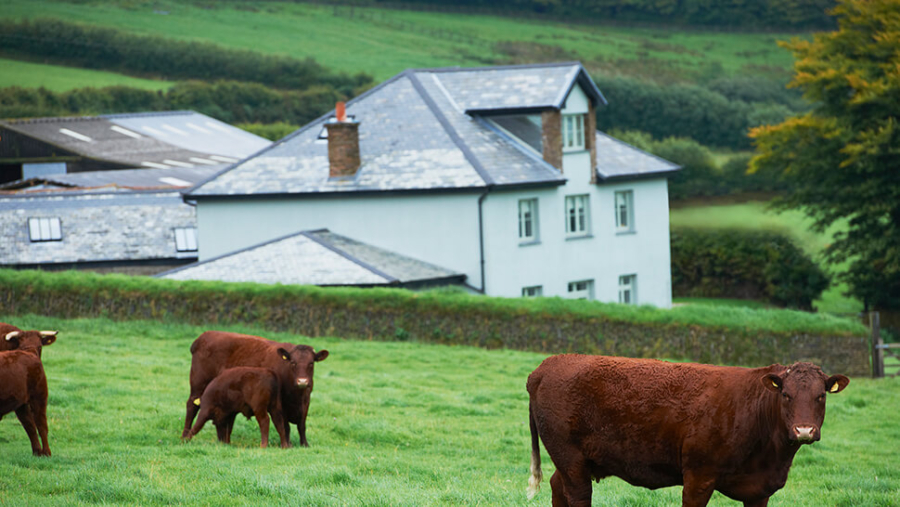
What effect has Covid-19 had on your farm tenancy and how can you avoid disputes?
30 April 2020

If you farm under agricultural tenancies (either tenancies to which the Agricultural Holdings Act 1986 applies or Farm Business Tenancies under the Agricultural Tenancies Act 1995) you will not only be experiencing all of the practical difficulties and uncertainties posed by the current outbreak, but with the added responsibility of having to ensure that, even in these exceptional times, you are farming within the terms of your tenancy.
Provided you have a good landlord and tenant relationship, your landlord should be far more sympathetic to reasonable changes that need to be made to farming practices in this current climate. Nevertheless, it is never desirable to change farming practices or business structures which could put you, as a tenant, in breach of any obligations of your tenancy, and certainly not without prior agreement between landlord and tenancy. This could lead to action being taken by your landlord to end the tenancy.
The Coronavirus Act and related regulations have relaxed certain areas of landlord and tenant law and restricted what landlords can do in some cases to retake possession. However, these relaxations and restrictions do not apply to tenancies of agricultural land and buildings.
Law reform was on the way to assist tenant farmers to avoid tenancy covenants that were unduly restrictive. In particular, tenants were going to be given the power to ask the landlord to lift or amend a restriction that was impeding them from, for example, farming in a way that prioritised environmental land management, to enable them to access the new system of farm funding payments. Those changes have not yet come into force as they were contained in the Agricultural Bill which has, again, been delayed by the current virus outbreak.
Unless landlords and tenants have negotiated some express changes to their tenancy agreement, tenants need to ensure that they bring their day to day operations within the current terms of their tenancy.
Covenants commonly deal with the following kinds of practical issues:
- Who can live in the farmhouse
- Who has to be in control of the farm business
- Whether stock can be moved between the tenanted land and other land
- Whether other people can be involved with the day to day running of the business, aside from employees
- Whether, and to what extent, certain crops could be moved on or off the holding.
Clearly, all tenancy agreements also contain an obligation to pay rent on time.
Failure to comply with covenants could lead to a landlord serving a notice to end the tenancy.
The priority must always be to ensure that the business of the farm can continue, and operate efficiently, but in these times many farmers are having to adopt different systems of farming to deal with the practical disruption that this virus outbreak is bringing.
This situation needs attention by both tenants and landlords; review your tenancy agreement and covenants, make and consider requests for changes carefully and reasonably in the current circumstances and deal with breaches in the same way.










